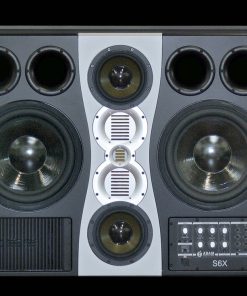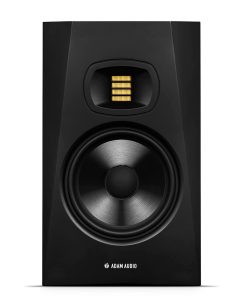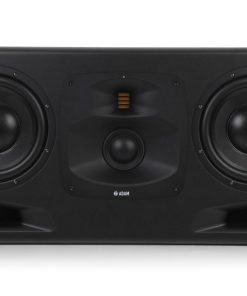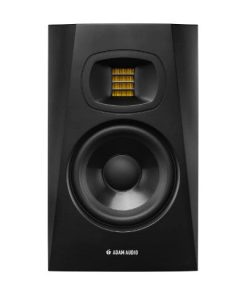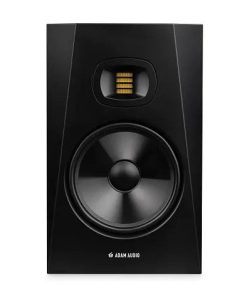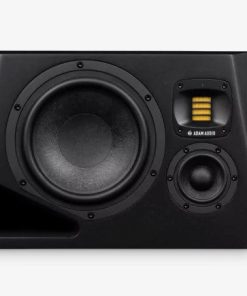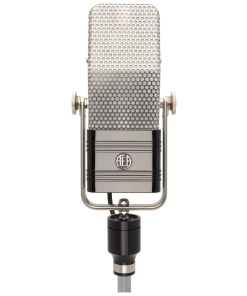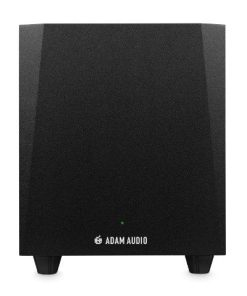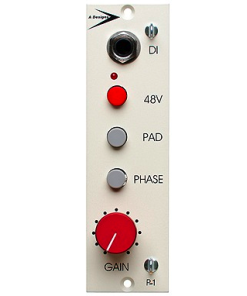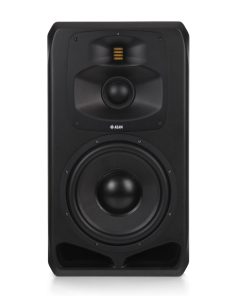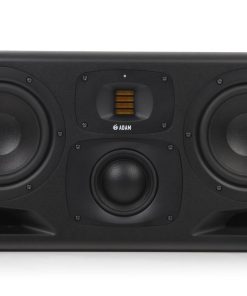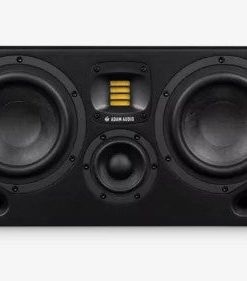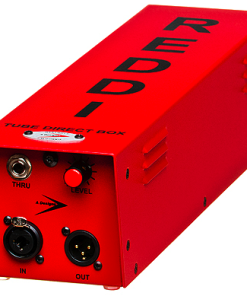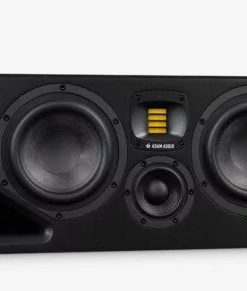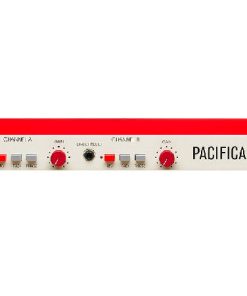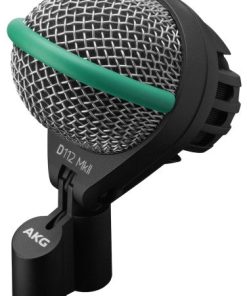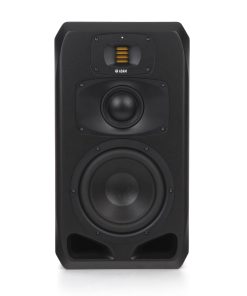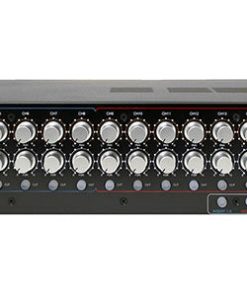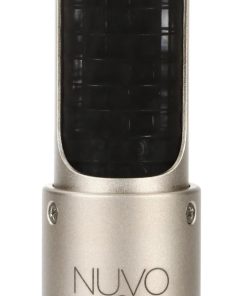ORANGE VOCODER IV: Vocoding, zynaptified.
Combining the most comprehensive and best-sounding set of vocoding algorithms available today with laser-like pitch control effects, a powerful synthesizer, audio freezing, a super fun and efficient workflow, and tons more, ORANGE VOCODER IV is – quite simply – the ultimate vocoder plug-in.
When it comes to creating that new vocal sound, making far-out sound effects and organic* robot and creature voices, sculpting colourfully mutated music grooves, or whatever else you can dream up: this creative processing powerhouse is for you!
What’s New in Version IV
Version IV of ORANGE VOCODER is a massive upgrade from the classic, Prosoniq-branded Orange Vocoder AU 10AE.
What’s new? Pretty much everything, except of course for the bits you love. Here are some of the highlights:
- Greatly expanded vocoder section, featuring formant shifting, expansion, stereo operation…and a total of 24 unique vocoding algorithms based on techniques including analog modeling, speech modeling, independent component analysis, LPC filtering, wavelet transforms, and more.
- Completely rewritten, high quality synthesizer section including Unison and Mono Legato operation, thru-zero linear FM, comprehensive modulation options, a preset generator, and more.
- New MIDI-controlled pitch quantizer module featuring 5 modes, including the brand-new zero-latency pitch enforcer, with grain morphing and optionally polyphonic operation.
- New, streamlined multi-view UI with a super-streamlined workflow, including module sub-presets and smart randomization.
- Supports AU, AAX Native, VST 2.4 and VST 3 on macOS, and AAX Native, VST 2.4 and VST 3 on Windows.
ORANGE VOCODER IV: Vocoding, zynaptified.
Combining the most comprehensive and best-sounding set of vocoding algorithms available today with laser-like pitch control effects, a powerful synthesizer, audio freezing, a super fun and efficient workflow, and tons more, ORANGE VOCODER IV is – quite simply – the ultimate vocoder plug-in.
One Vocoder? How About 24…
ORANGE VOCODER IV doesn’t just give you one great vocoder sound, it gives you twenty four vocoding and cross-synthesis modes, each with its own unique sonic character.
It can sound warm and fat (obese, even) or ghostly ethereal, dark and moody or crystal-clear, smooth as butter or utterly destroyed in a totally sick way…you’ll never run out of inspiring new sounds.
To create this bandwidth of sounds, we’ve used every trick in the book* – ORANGE VOCODER IV was designed to feature the most comprehensive set of sound hybridizing options available in a vocoder.
Meticulously Crafted
Staying true to the zynaptiq style, we didn’t stop there, though, and threw in an excellent formant shifter, a new take on filter bank release/reverb called TRACES, HF through and unvoiced synthesis, an expander keyed on the plug-in input, as well as zero-latency operation for two of the modes. And – most importantly! – all of this was meticulously crafted to sound incredible, up-front, and dynamic, and sit well in the mix.
Or in other words: it has everything and then some, and simply sounds awesome.
Did You Say Comprehensive?
Ooooh yes, we did – it’s deep.
Going way beyond just offering the ultimate in vocoding, we’ve loaded ORANGE VOCODER IV with features for workflows related to vocoding, like creating vocal tuning and layered harmonization effects, pads and drones, synth sounds, harmonic support in a color bass style…you can (literally) mix and match.
To keep workflow fast and easy, ORANGE VOCODER IV’s modules are all hooked up in a semi-modular routing architecture, clearly laid out in the OVERVIEW view.
Using an interactive signal flow diagram as its interface, it makes coming up with new sounds a dream. Switch modules into the signal path and adjust their key parameters, load sub-presets into them, adjust routing, mix, solo or mute the various processors, and much more. To dig deeper, click on a module’s box to open the synth, vocoder, or effects pages – it really couldn’t be simpler.
ORANGE VOCODER IV is much more than a vocoder – it’s both an inspiring sound design playground as well as an efficient production tool.
The Synth
ORANGE VOCODER IV features a 64-voice synth that comes with hundreds of presets, and a preset generator that will create new sounds for you with a click on a button. The synth can be used as input to the vocoder, layered with other modules, or used on its own.
Its two oscillators can use analog emulated waveforms as well as sampled vintage digital waveforms, and feature two flavors of ring-modulation, hard-sync, through-zero FM, and seven types of polyphonic distortion. They feed into a 6 to 24dB low-pass filter with beautiful resonance. Comprehensive modulation options include mono- and polyphonic LFOs (audio-rate capable for the oscillators), AD-envelopes, envelope followers and zero-crossing trackers, velocity and a 4-destination macro control. Unison operation with up to 8 additional voices and DETUNE and CLUSTER modes, as well as Mono Legato with glide are supported, too, and you can play the synth via MIDI, or tell it which notes to play using the on-screen keyboard.
Pitch Quantization
ORANGE VOCODER IV features a pitch quantizer for forcing the input signal onto a specific pitch, which can be used in parallel to or instead of the vocoder. It has 5 modes – QUANTIZE, SCALE, NOTE, ENFORE and POLYFORCE – that provide flexibility and a wide range of sound options. ENFORCE and POLYFORCE use a wave-table inspired approach, and feature zero latency processing for live performance. The pitch quantizer is extremely easy to use: just switch it on and choose the algorithm, it will then be controlled by the same notes as the synth – including mono legato and glide, of course.
The FREEZER
The FREEZER module will freeze the audio coming in to the plug-in when you click its big snowflake button, sustaining the current timbre indefinitely. It is placed before the pitch quantizer module so that you can play melodies with it. You can load and save freeze buffers, building a library of colours as you go.
The DICE
The DICE button in ORANGE VOCODER IV triggers a smart randomizer, which will load randomly selected, but carefully designed, settings into the synth, vocoder and freezer modules – giving you the inspirational infusion that a randomiser brings to the table, but creating only useful results. No more of the click – meh! – click – OUCH -click- srsly?.
You can exclude any module from the dice-roll, select whether you want to use musical or SFX-ish sounds (or both), and whether to use the factory sub-presets or your own (or, again, both). The DICE are context-aware, so if you’re in the synth view, only the synth will be rolled.
The ZYNTH
Akin to the DICE, the ZYNTH button is made for getting inspired – clicking it will create a new synth setting from scratch. The ZYNTH combines scripting and AI, and reliably produces great patches. Check it out!
The Ultimate Vocoder Plug-In
As far as plugin vocoders go, the ORANGE VOCODER is considered by many to be THE classic one. Critically acclaimed for its sound quality and sonic versatility throughout its many iterations since it was created by Prosoniq in 1998, version 4 expands significantly on both counts… and then adds some. Fully reworked from the ground up, we are proud to say that ORANGE VOCODER IV has truly been zynaptified.
ORANGE VOCODER IV is a significant update and has many new features:
New Vocoder Features:
- 16 new VOCODER algorithms, for a total of 24, including LPC, wavelet-based, speech-synthesis-inspired, independent component analysis-based and zero-latency analog modelled algorithms. The most comprehensive solution available!
- The VOCODER is now stereo.
- New expander module for additional dynamics control.
- HF Through and Unvoiced parameters now come as level controls instead of on/off switches.
- New /2, x2 and INVERT macro functions for the Graphic Filterbank EQ.
- Re-designed filterbank reverb circuit called TRACES with a unique, reverberant sound.
New Effects & Routing Features:
-
New pitch quantizer module – including real-time MIDI control of target pitch and 5 modes: Quantize, Scale, Note, Enforce and Polyforce.
Enforce and Polyforce modes feature zero latency operation as well as grain morphing functionality – it’s like a wavetable synth with real-time input! - Now features a FREEZE that is stored and recalled with the preset/session – like with ADAPTIVERB. It also features its ow sub-presets for creating a library of tones to work with.
- Improved Reverb with new DAMPING parameter.
- Improved CHORUS, with AMOUNT and RATE parameters.
- New Formant Shifter.
- New 3-way Mixer with SOLO and MUTE functionality.
New Synthesizer Features:
- New high-quality stereo synth engine.
- New UNISON function, with DETUNE and CLUSTER modes, as well as SPREAD, DETUNE, KEY SYNC and PAN WIDTH parameters.
- Re-Designed FILTER, now with switchable 6, 12, 18 and 24 db/octave topology, key-tracking and dual modulation sources.
- New oscillator waveform: Glottal Pulse.
- New pitch modulators including monophonic and audio-rate LFOs, thru-zero linear FM, AD-envelopes, envelope followers and zero-crossing trackers.
- Rational factor or decimal multiplier based FM modulator frequency control.
- New Synth Macro control with four assignable destinations.
- Re-designed, dual algorithm ring modulator/oscillator mixer, featuring a 3-way mix control, and a much cleaner sound.
- New MONO LEGATO mode with GLIDE.
- New amp ADSR with selectable linear and exponential shapes.
- Six new poly distortion modes.
- Velocity control of all important synth parameters.
- New settings generator for creating new synth patches.
- New Pitch Bend Range parameter.
- Classic Sample-Waves can now also benefit from SYNC and RING-MOD.
- Keyboard now 4 octaves wide and scrollable.
New Top-Level Features:
- ORANGE VOCODER is now a Zynaptiq-branded product – it has been zynaptified.
- Now for VST 2, VST 3, AU and AAX Native on Mac, and VST 2, VST 3 and AAX Native on Windows.
- Completely re-designed tabbed user interface with interactive signal path design.
- Hover-menu focused UI workflow.
- New sub-presets for the synth, vocoder, and freeze modules.
- New sub-preset based smart randomizer.
- New lock mode for plugin subsections.
- Now uses PACE copy protection for Machine- or iLok 2+ based authorization.
Formats
This software is available for a variety of 64-bit formats.
On macOS:
- Apple AudioUnits (AU)
- Avid AAX Native
- Steinberg VST 2.4
- Steinberg VST 3
On Windows:
- Avid AAX Native
- Steinberg VST 2.4
- Steinberg VST 3
System Requirements Mac
- Apple Mac computer
- macOS 10.15.x or newer, 64 bit.
- Apple Silicon CPU, or Intel CPU with at least 2 Cores (i7 or better recommended).
- Apple AU (AudioUnits), Steinberg VST 2.4, VST 3 or Avid AAX Native compatible Host software, processing audio as 32 bit float.
- iLok account for machine- or iLok 2/3 based activation (of full as well as demo versions)
- Internet Connection for Software Activation (though not necessarily on the computer used for audio)
System Requirements Windows
- Windows 10 or newer
- CPU with at least 2 Cores; Intel CPU recommended, i7 or better recommended.
- Steinberg VST 2.4, VST 3 or Avid AAX compatible 64-bit host software, processing audio as 32 bit float.
- iLok account for machine- or iLok 2/3 based activation (of full as well as demo versions)
- Internet Connection for Software Activation (though not necessarily on the computer used for audio)
Copy Protection
This software uses the latest PACE copy protection, which allows you to place your activation on your machine or on an iLok 2* (or newer; not included). You will need a free iLok account to use our software, even for the the demos – but you do not necessarily need the iLok 2 dongle, if your machine has internet access (activation of a system without internet connectivity requires an iLok 2 device). All required software is installed along with our plugins, but we generally recommend downloading the latest versions directly from iLok.
CPU Load
Please note: While they are highly optimized, our plug-ins use a LOT of CPU due to the complex nature of the magic they perform. Please use the free trial to evaluate whether your system has sufficient resources to utilize the software effectively! We recommend setting your playback buffer size to at least 512 or ideally 1024 samples for optimum performance.
As our plug-ins sport unique features not found in any other software, we highly recommend reading their manuals to ensure you get the most out of them!
| Title | Default |
|---|
Prompt Delivery and Professional Packaging
Our long-standing partnership with UPS FedEx DHL and other global carriers lets us offer a range of shipping services. Our warehouse staff is extremely skilled and will package your items according to our precise and exact specifications. Your goods will undergo an extensive inspection and be safely packaged prior to being sent out. Each day, we ship to thousands of customers in many countries. The fact that we are committed to becoming the biggest online retailer in the World is clear. These warehouses are in Europe in the same way as they are in USA.
Note: Orders that include more than one item are assigned a processing period depending on the item.
Before shipping, we will inspect thoroughly the items you have ordered. Most orders are shipped within 48 hours. Expected delivery time is between 3-7 days.
Returns
Stock is dynamic. It's not entirely managed by us since we are involved with multiple entities, including the factory and the storage. The actual stock can change at any moment. It is possible that your order may be out of stock once the order has been placed.
Our policy lasts for 30 days. We cannot exchange or refund your order if it has been 30 days from the date of purchase.
For your item to be returned it must be in its original packaging, unopened and in the condition you received it. The item must be in its original packaging.
Related products
Microphones
Monitor Systems
Microphones
Accessories
Recording Equipments
Microphones
Headphones
Headphones
Monitor Systems
Monitor
Monitor
500 Series
Microphones
Subwoofer
500 Series
Accessories
500 Series
Monitor Systems
Monitor Systems
Subwoofer
Accessories
Monitor Systems
Recording Equipments
Microphones
Recording Equipments
Monitor Systems
Microphones




